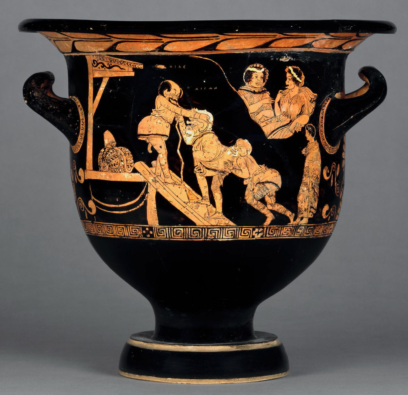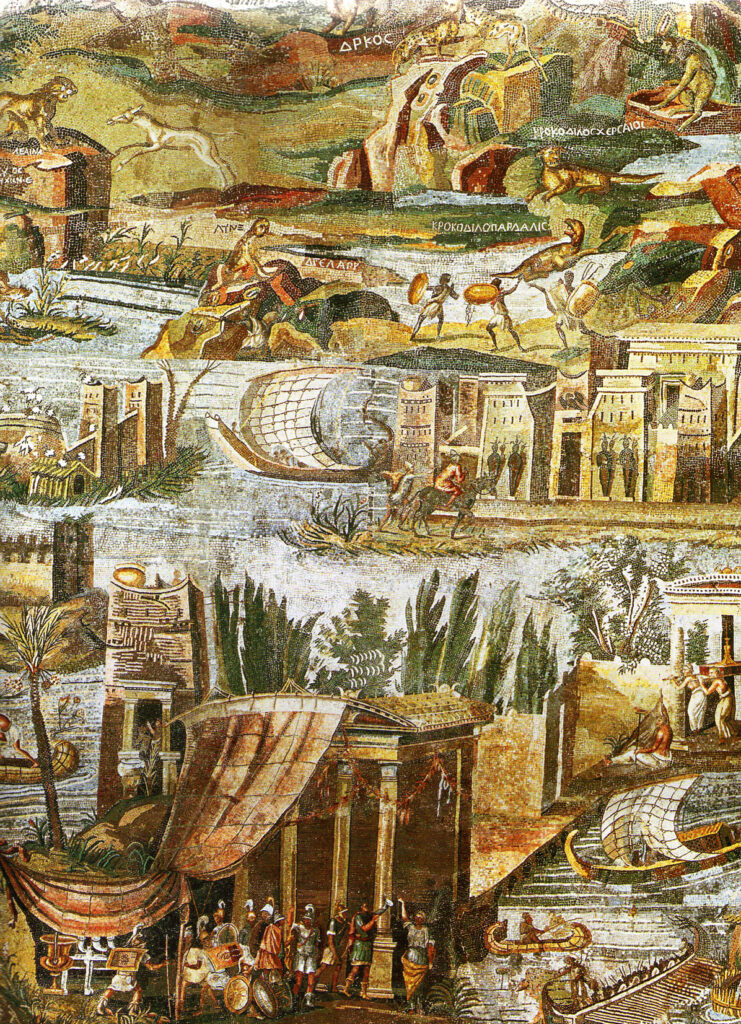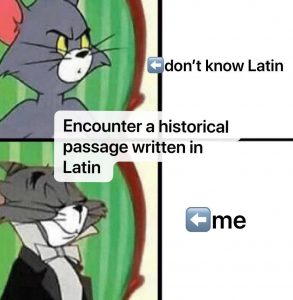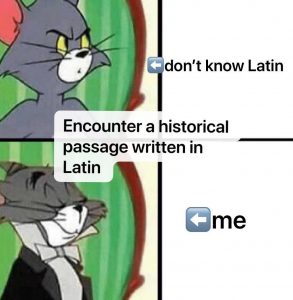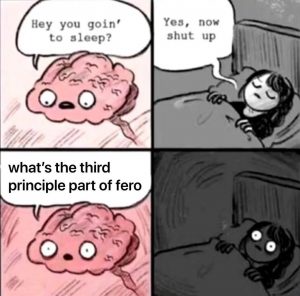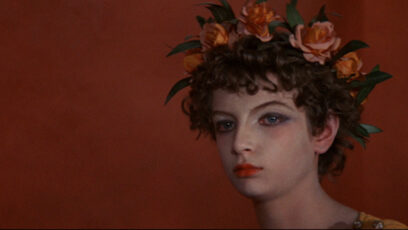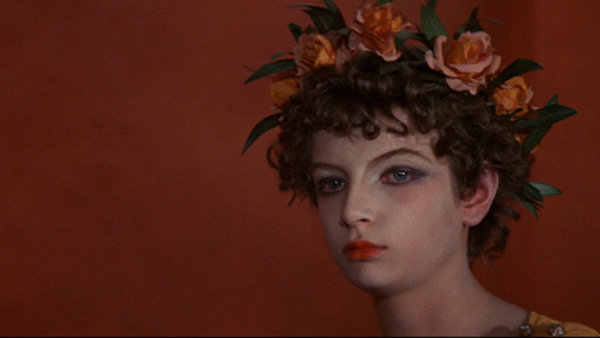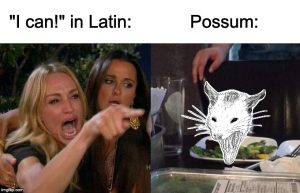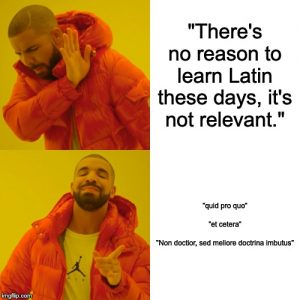November 3rd, 2020
As members of the Department of Classics we write to express our outrage at the killing of Walter Wallace Jr., our condemnation of institutionalized violence against Black communities and individuals, and our continuing commitment to anti-racist action. In keeping with this commitment, we support the strike organized by the Women of Color House, the Black Students Refusing Further Inaction, the Black Students’ League, and others; we acknowledge the importance of their goals, and we express our respect for the careful thought, hard work, and resolve that have gone into this action.
In keeping with our support:
- We have suspended classes from the start of the strike and will continue to do so through Friday November 6; all ongoing assignments and deadlines are also suspended. Students in our courses can expect a further update from the department as well as their individual professors by Sunday November 8.
- Students participating in the strike will at no point suffer any penalties.
- When classes are resumed, we will seek flexible and creative ways of reworking our syllabi and modifying our expectations in order to complete the semester in a satisfactory way.
- Individual faculty members will be available to meet with students to address questions or concerns, as well as to discuss their views of the ongoing situation and the Department’s decisions.
- Individual members of the department have donated to the Strike Fund and the Nest and are committed to continuing this support as we are able in order to provide material assistance to striking students.
For our larger action plan, click here.
Sincerely,
Matthew Farmer
Bret Mulligan
Deborah Roberts
Ava Shirazi
Hannah Silverblank

